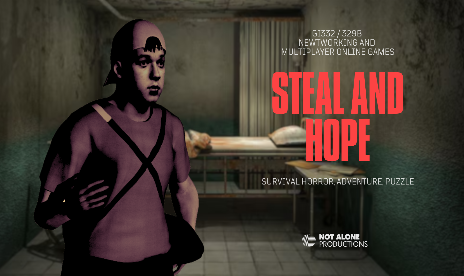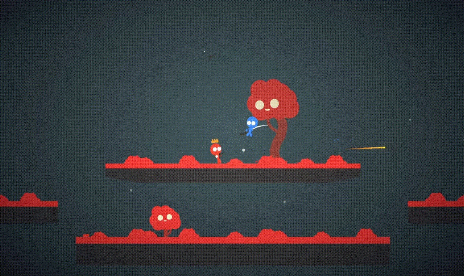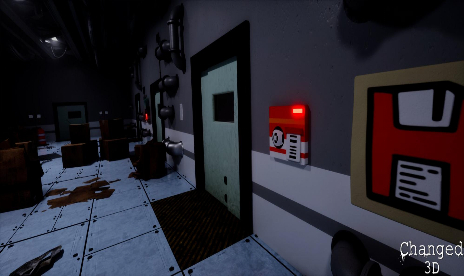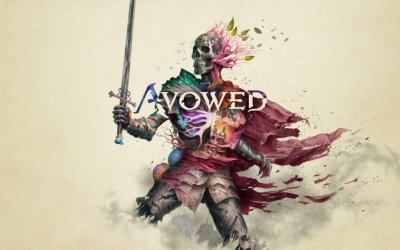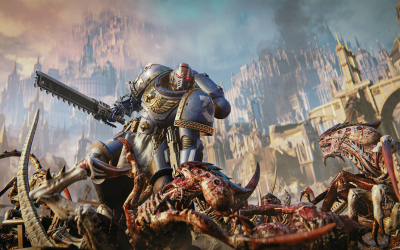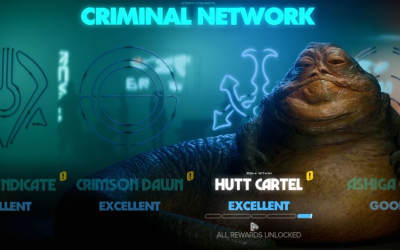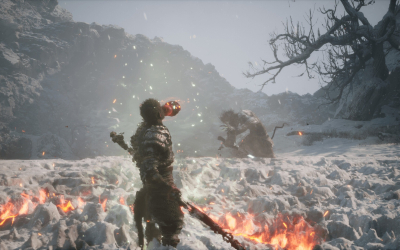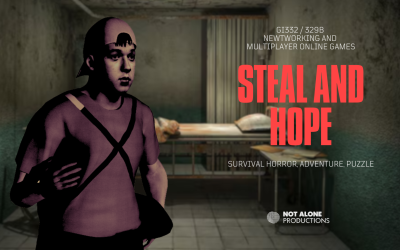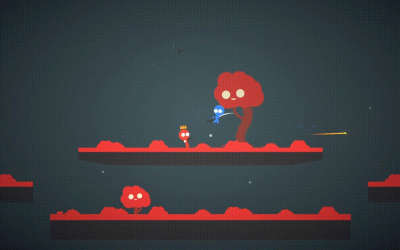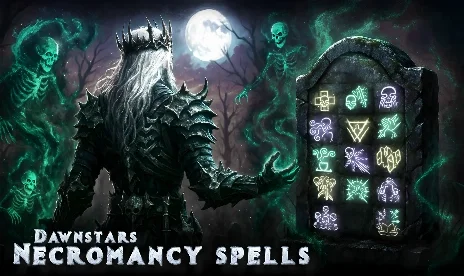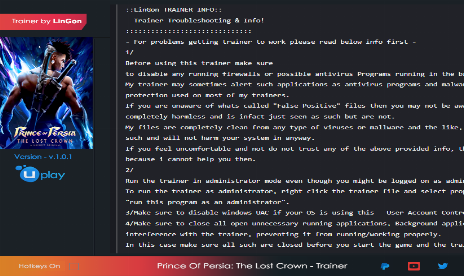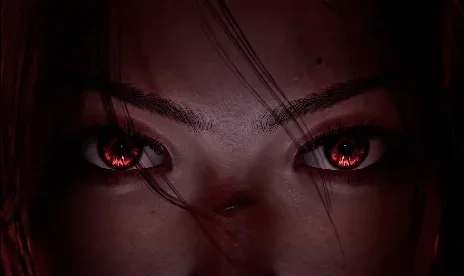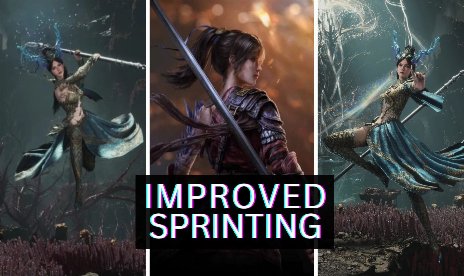10 Surprising Ideas on the Future of Games

Hoping to encourage developers to think about how they make and deliver games, Stormfront Studios president and CEO Don Daglow hosted a discussion titled "10 Surprising Ideas for Leaders on the Future of Games".
Daglow started by asserting that what they (game developers) do matters and affects people's lives before laying out ten different ideas which he admitted were not especially revolutionary but hoped they would be provocative in encouraging developers to think in different ways.
1: The Future Will Always Embarrass You
"If you look at Van Gogh or Copernicus or Emily Dickinson or Buster Keaton, they were not appreciated or respected in their times. In other media, you can be appreciated. Our media is different."
In videogames business, technology progressing so quickly that you have to always "keep moving, because if you stand still, you'll just stagnate and look really stupid."
2: Interface is Cultural, Not Intellectual
When riding an elevator, people don't need to think too much about how it works, or how to reach the floor they want – "It's intuitive to us. We don't think of it as an interface, but it is."
In other words: don't overhaul the your interface for no reason. "Culture is shared perceptions and shared values" and this applies to games' interdaces which gamers have grown up using intuitively.
3: To Be a Futurist, Be Present-ist
"If you want to be a futurist, you have to start by being a present-ist."
"Step one is to show up. How many people do you know talk a big game, but don't show up to do anything? After time passes, you will be a past-ist. Past-ists who are not also present-ists become 'whateverhappenedtos'. …After that, you become a futurist. It's great because it hasn't happened yet and nobody can contradict you."
4: He Who Controls the Future
Developers, publishers, press, and retailers do not control the future. "The publisher-developer blame game misses the point. Neither of us are in charge. Since we're polite, we don't blame each other. We blame retailers and the press – unless they're around – and it's not their fault, either. Game players control the future. They decide what's fun. And when you accept who controls the future, it liberates you to focus on creativity and fun."
5: Don't dismiss old game programmers?
"I've had programmers say to me, 'You know there are no old programmers. Eventually I know I have to do something else,'" Said Daglow. "I think this is nuts! I think in the future there will be. I think there are two time periods: BC — before chips — and PM — post-microprocessor."
"We need to break the pattern of telling our best technologists that they have to stop doing what they love to do."
6: Games can do more good
Daglow compared players playing titles like Oblivion or Bioshock, who talk about how they played all weekend and enjoyed it and players of the Wii or Guitar Hero, who enjoy playing with other people. They talk about the fun they had with their friends or family.
"Games can bind families and change people's lives."
Daglow also cited an example of a wife that was trapped in an abusive relationship and was afraid to leave the house. Through Neverwinter Nights, she opened up to her new friends that her abusive husband could not cut her off from. Her Neverwinter Nights friends helped her find the courage to leave and help herself. Eventually she found a good man through Neverwinter Nights. "The good you can do far exceeds the self-expression of developing."
7: Aim for the living room
"Most of the money audiences spend for entertainment is spent on the living room. What cable companies and game companies and television companies understand is that you can make some money in the den and some money in the kids' rooms, but the only way you can grow is by controlling the living room."
Admitting that this may be oversimplifying, Daglow believes that "this is why the Xbox 360 exists. Microsoft controlled the office. They went after all the gold in the living room. Like Gengis Khan, they needed to conquer something else."
8: More variety of the same product
"20 years ago, you went to a store and found Oreos. Now you go to the Oreos section in a store. You find Oreos, you find Double Stuf Oreos, you find Reduced Fat Oreos, and you find Reduced Fat Double Stuf. On Halloween, you can even get Orange-filled Oreos." The conclusion? retailers are forced to carry all forms of Oreos if they want to sell Oreos at all.
Following the analogy, Daglow believes that the big publishers will stay big because they can make more products, garnering more space on Xbox Live's front page or on mobile phone decks because they have more varieties of the same product.
9: Your creativity is your own
"We are in each in charge of how we feel. We're in charge of our own dreams… No one controls your creative dreams or your creative commitment except you."
"There are some things about this company I like and some things I don't like. Should I stay? That's a moment of control. A project is ending. Should I stay here or should I move on? That's a moment of control."
"Even the big guys getting bigger cannot dehumanize your personal commitment to creativity."
10: Control your destiny
"Things aren't as bad as we make them out to be if we keep them in perspective. I have control of my own destiny and my own creativity and my own life."
"What we do as game creators has far greater consequences than we can ever comprehend. Take this seriously. Use this opportunity. Realize that you have this opportunity, and that you are doing good. Don't throw this opportunity away."










